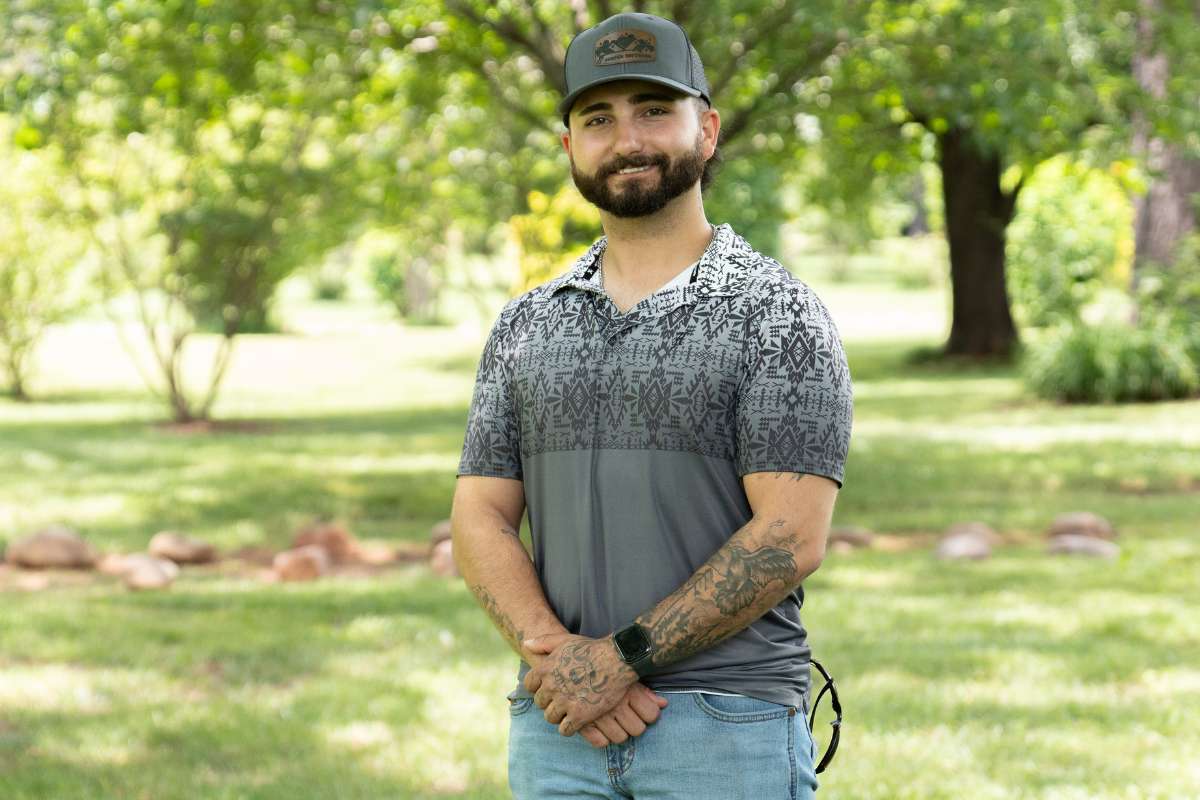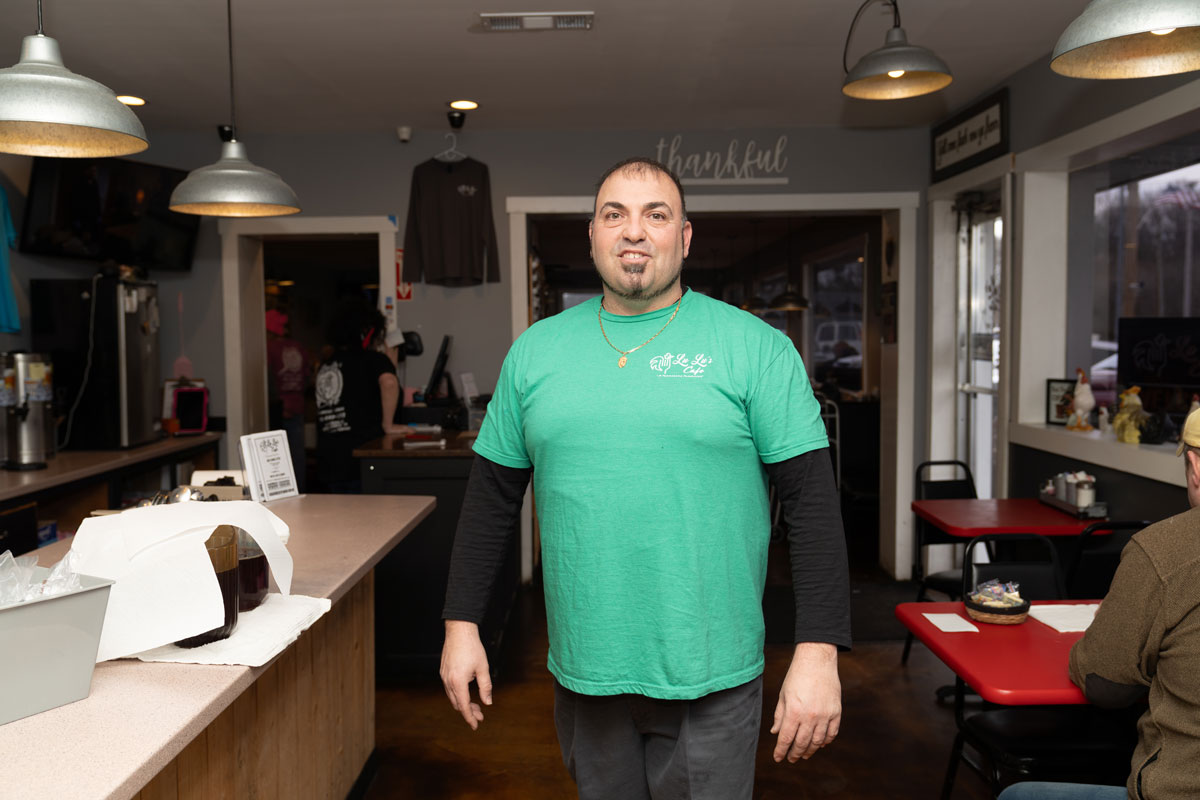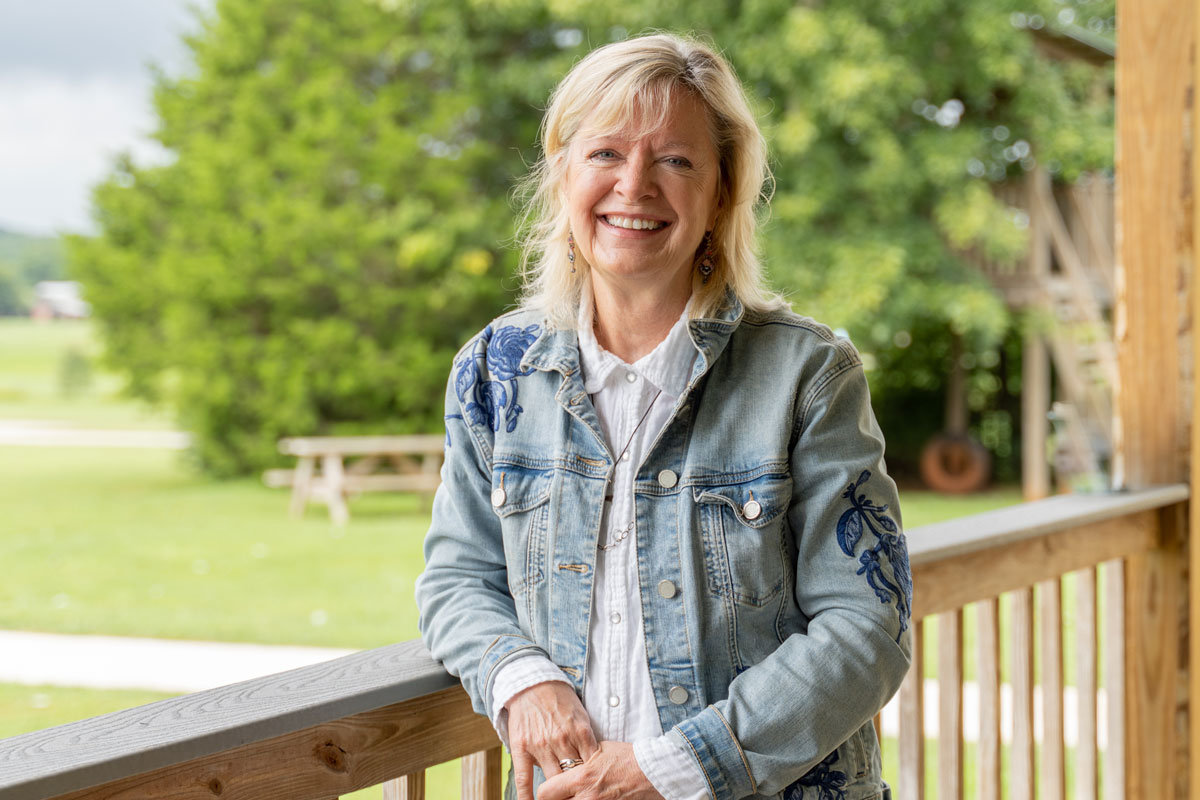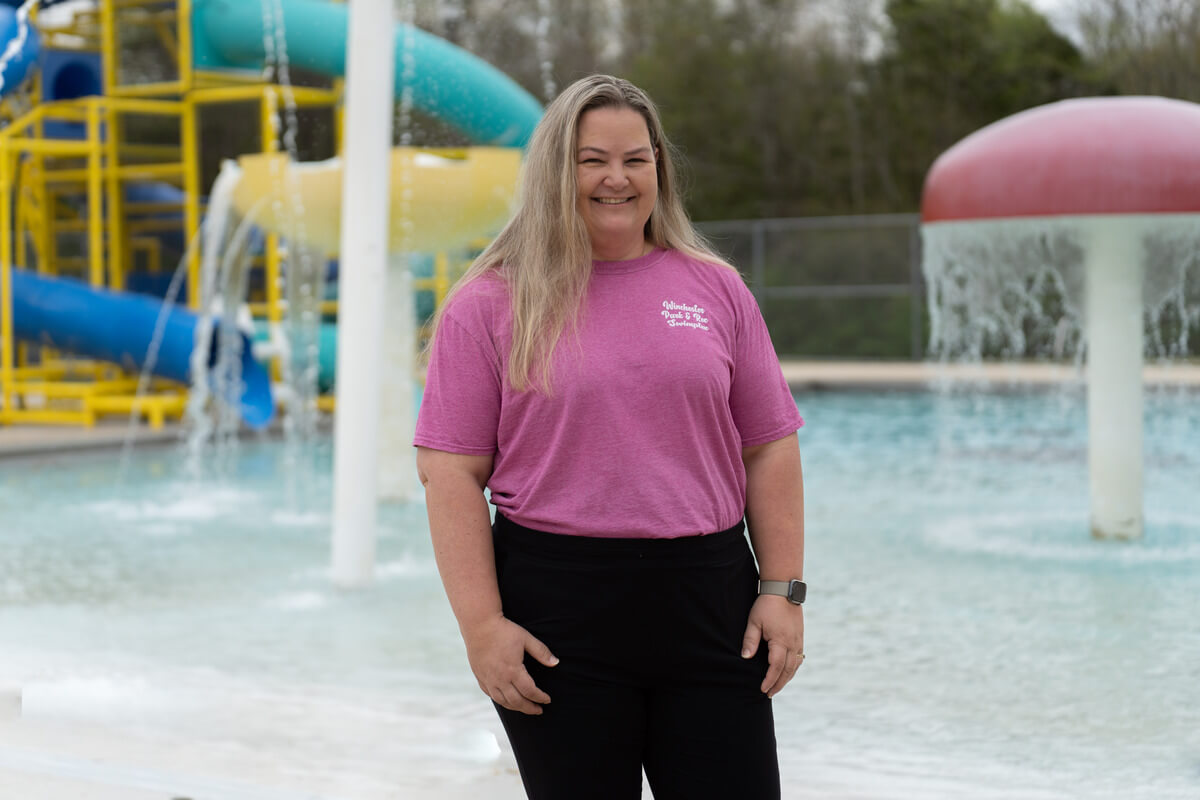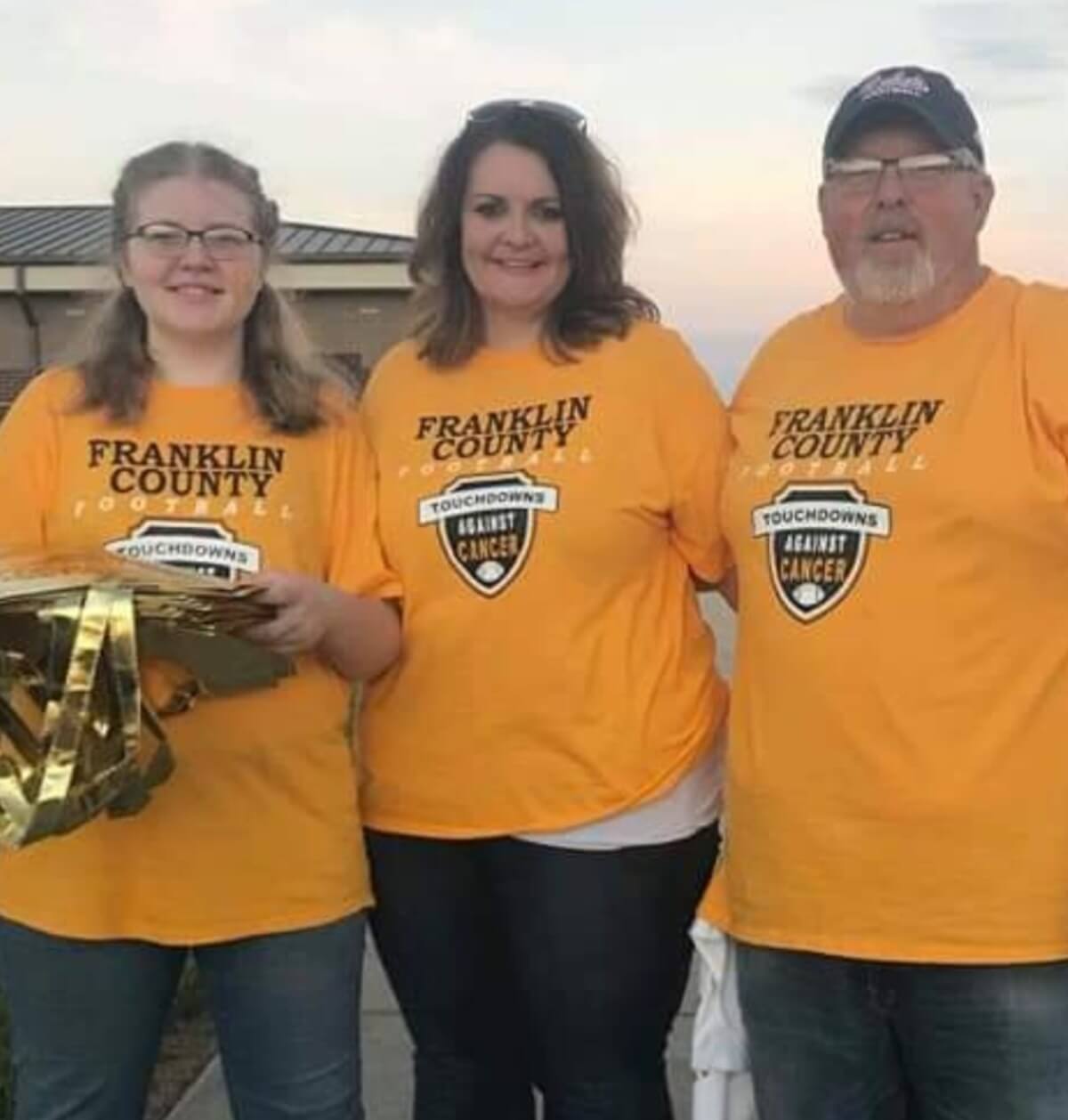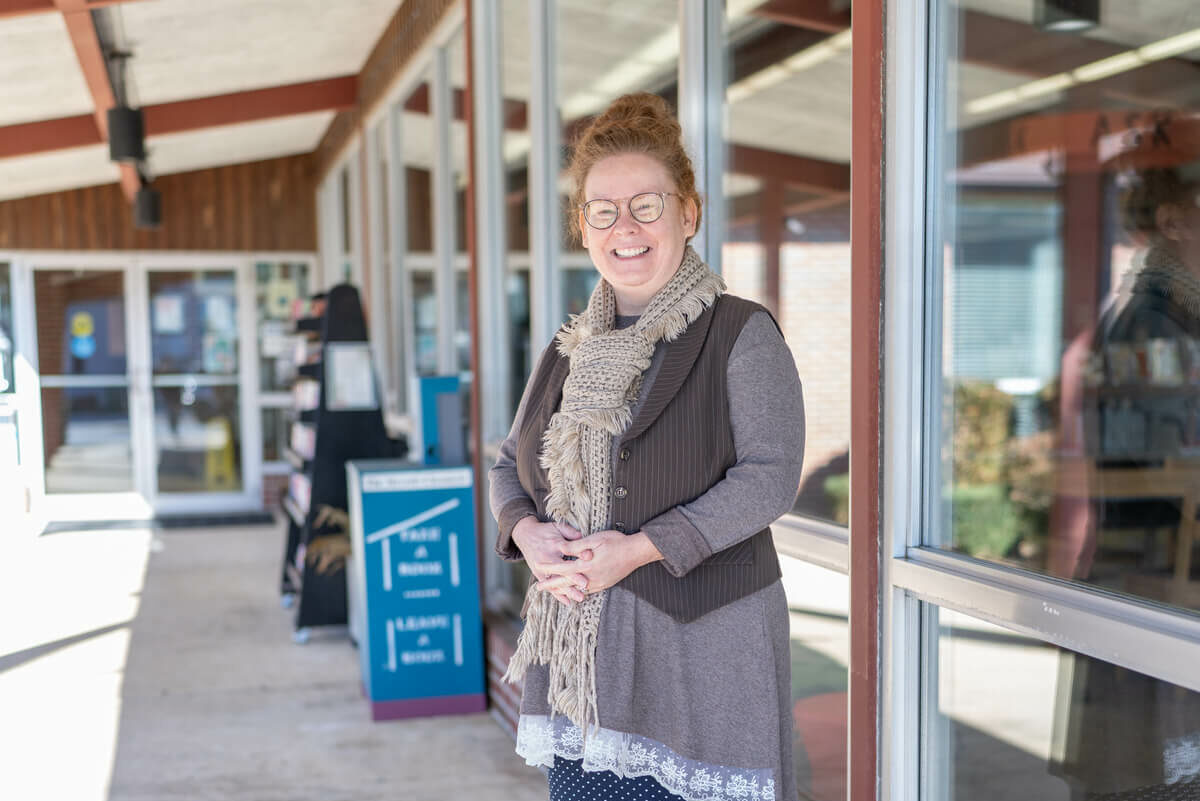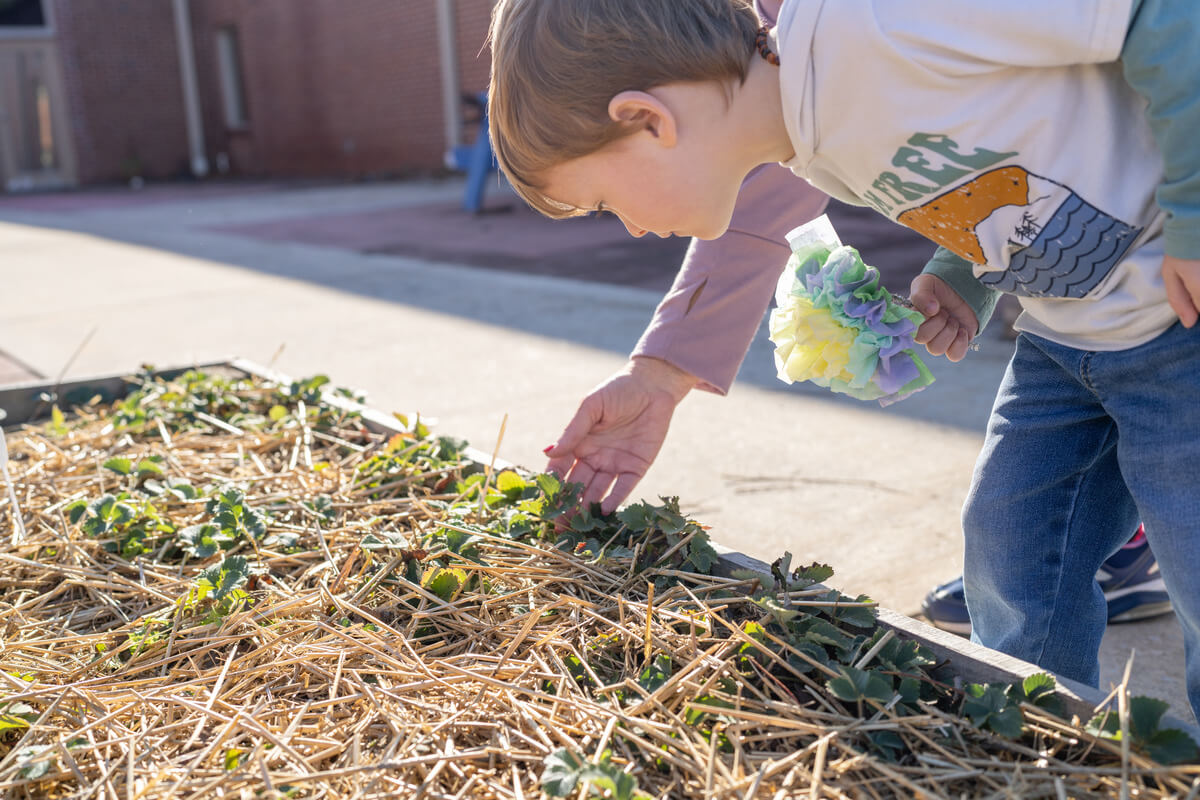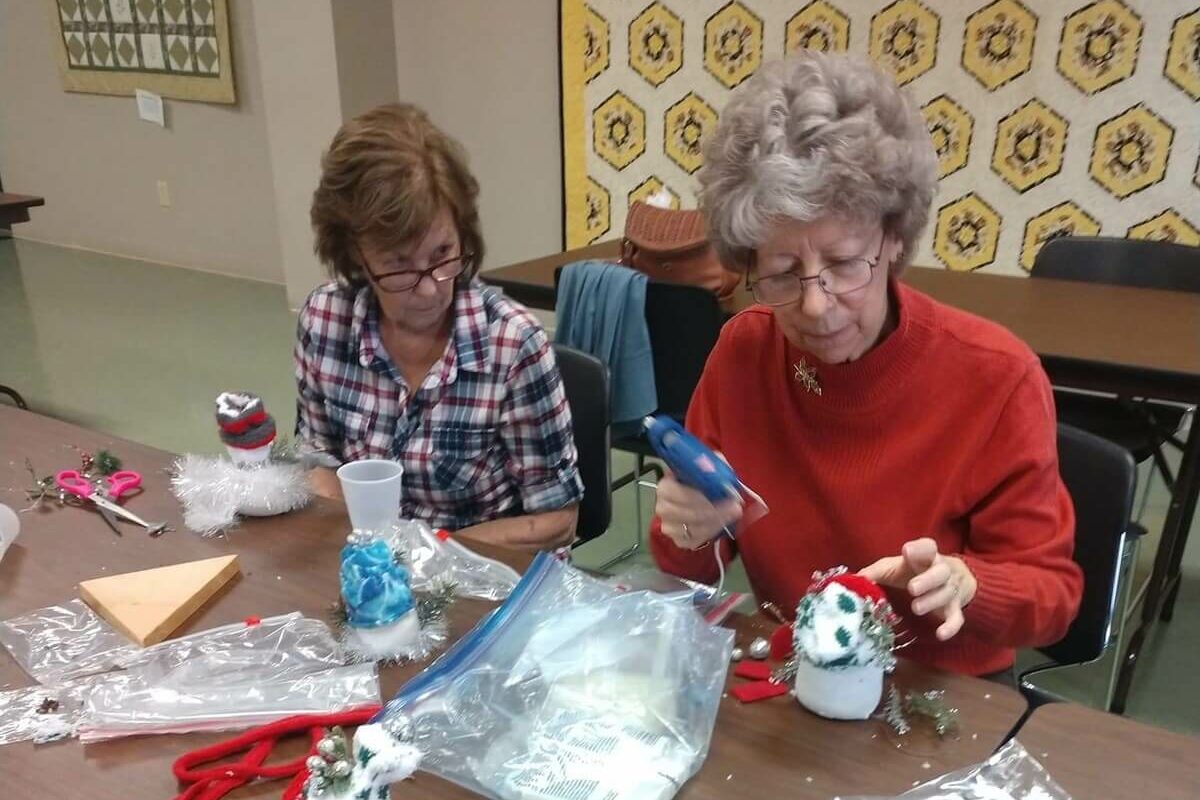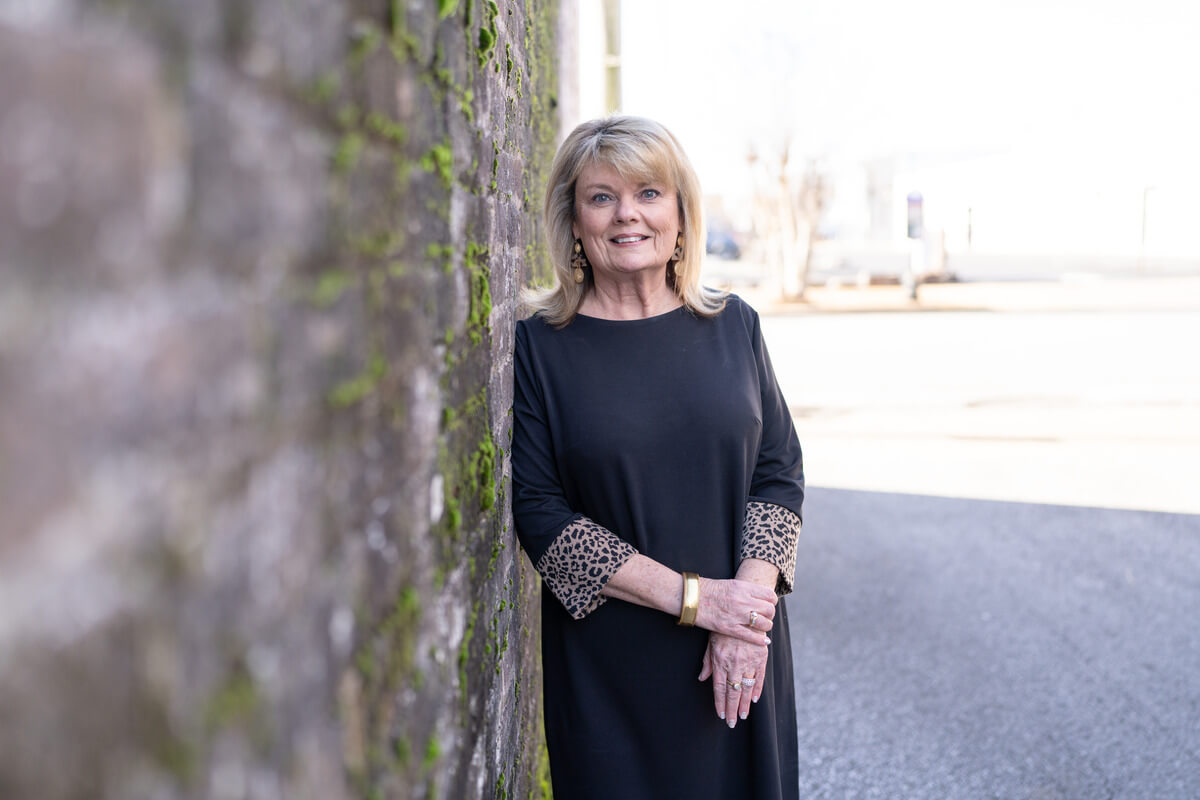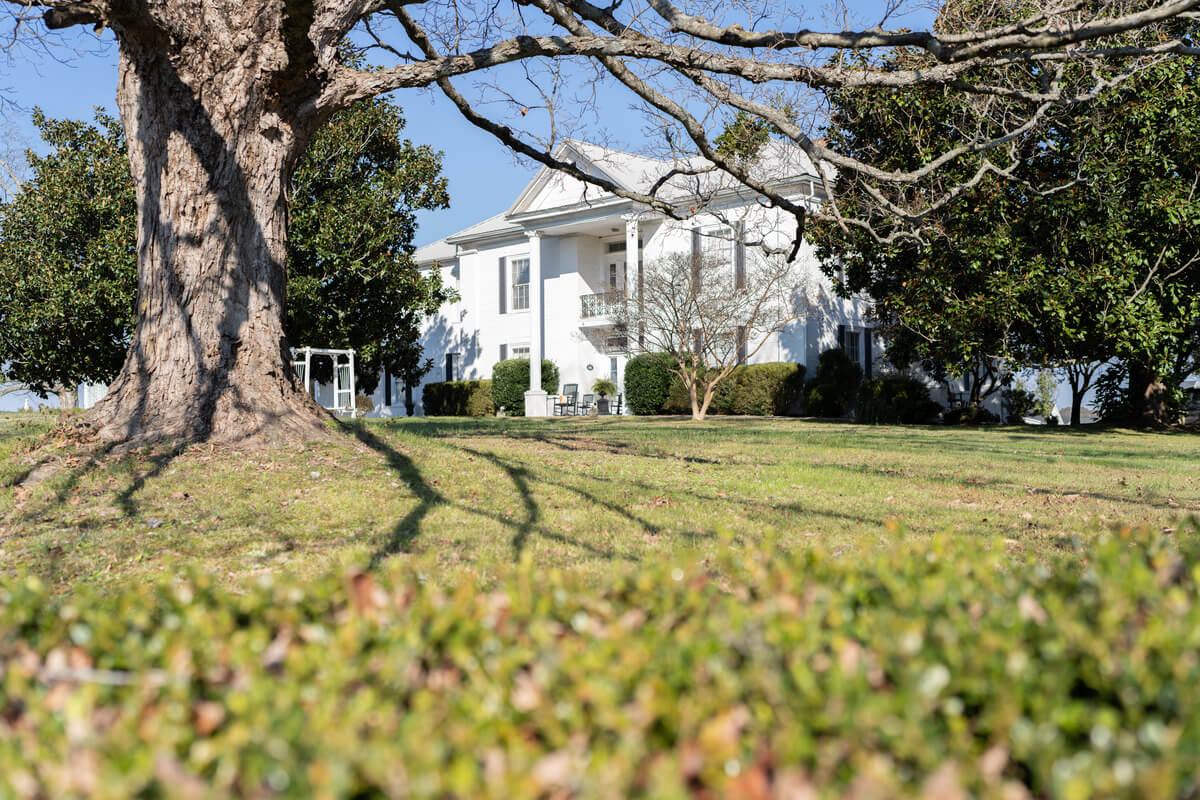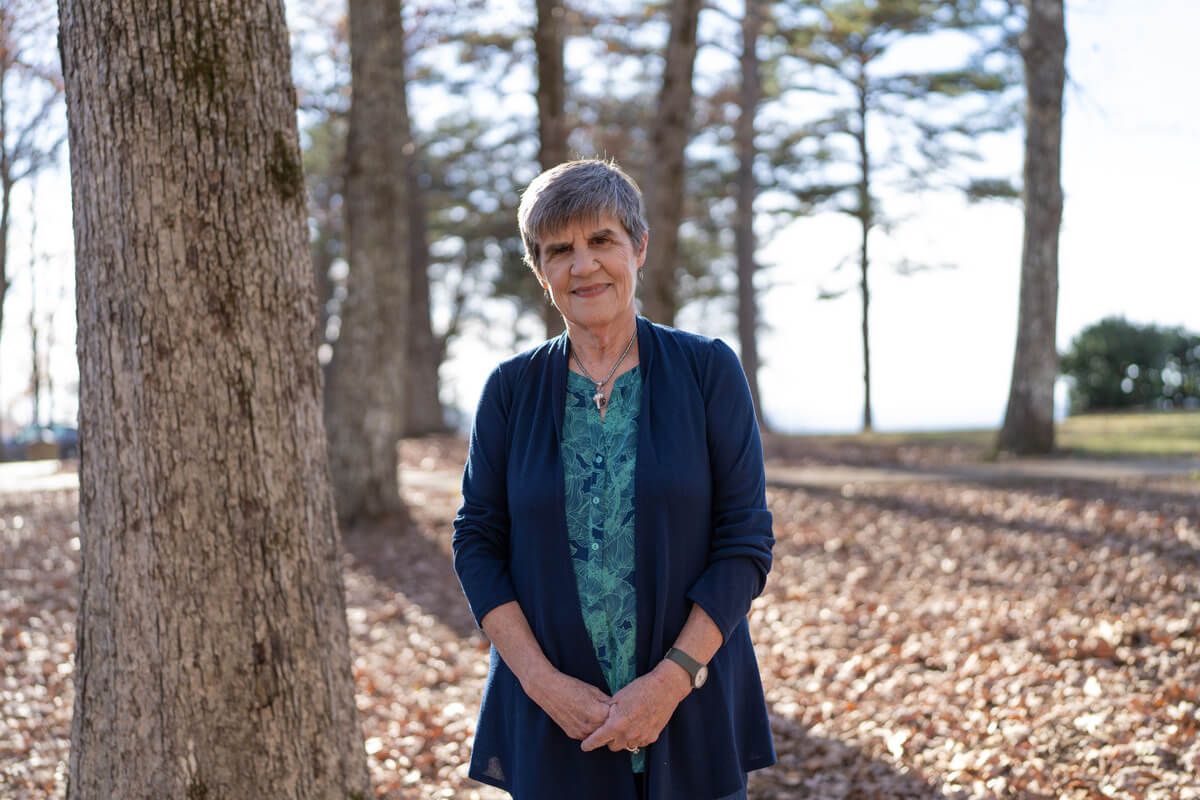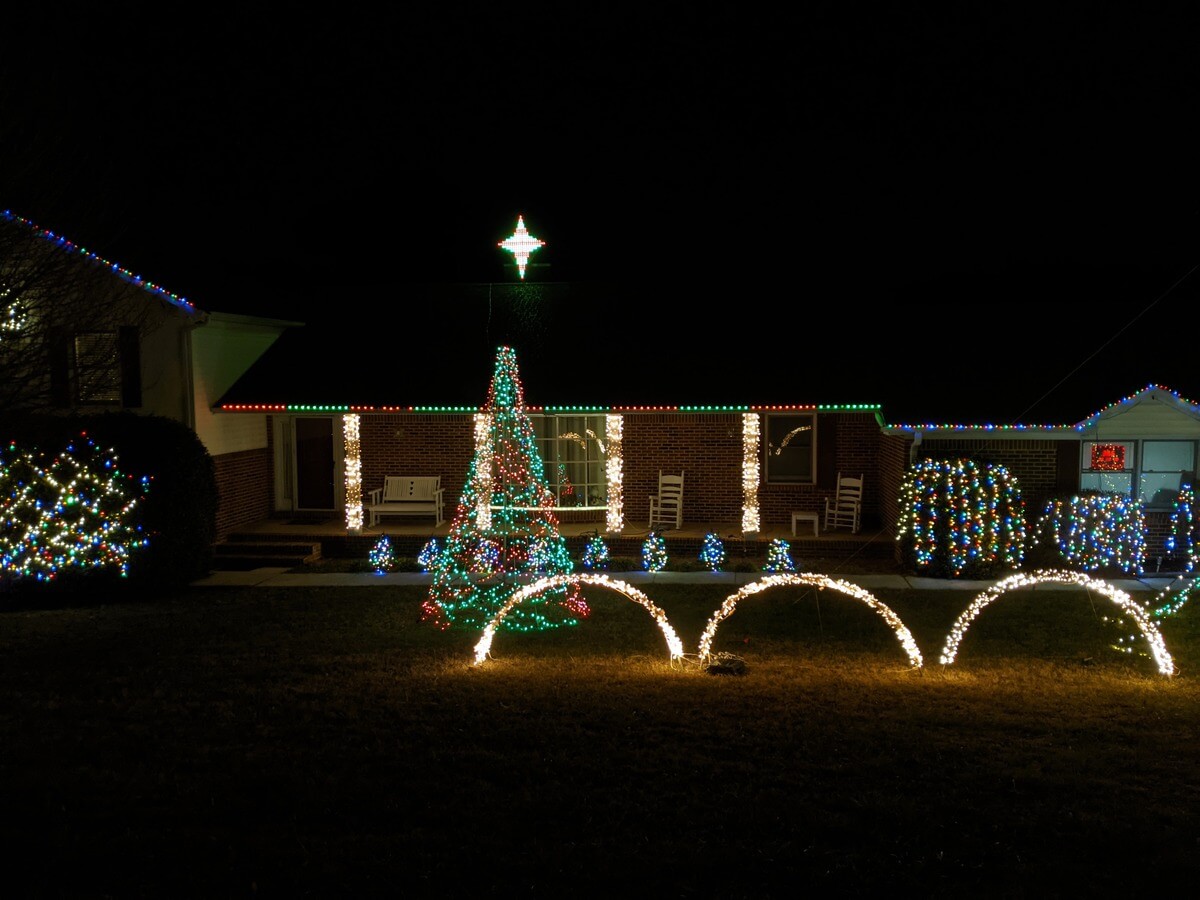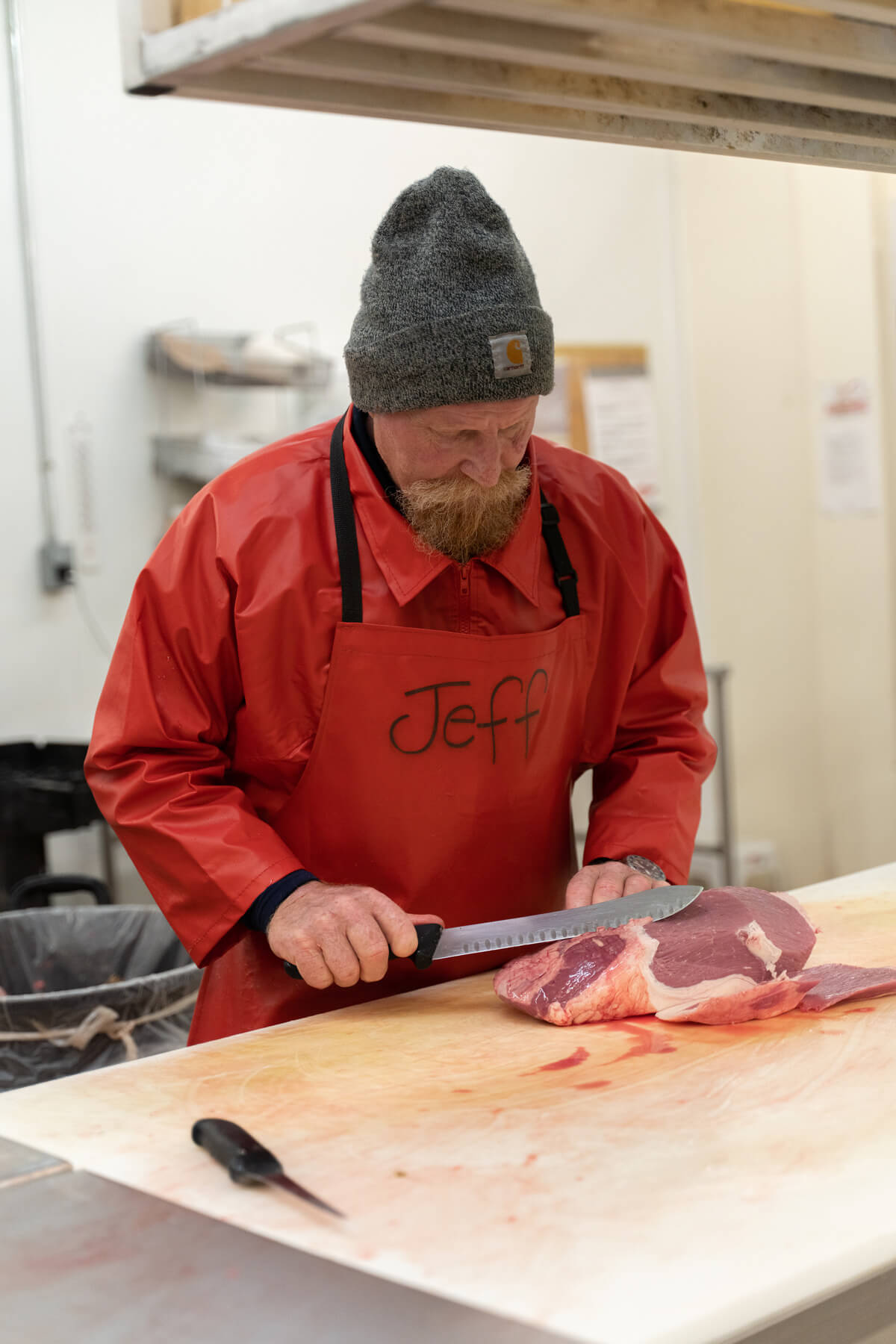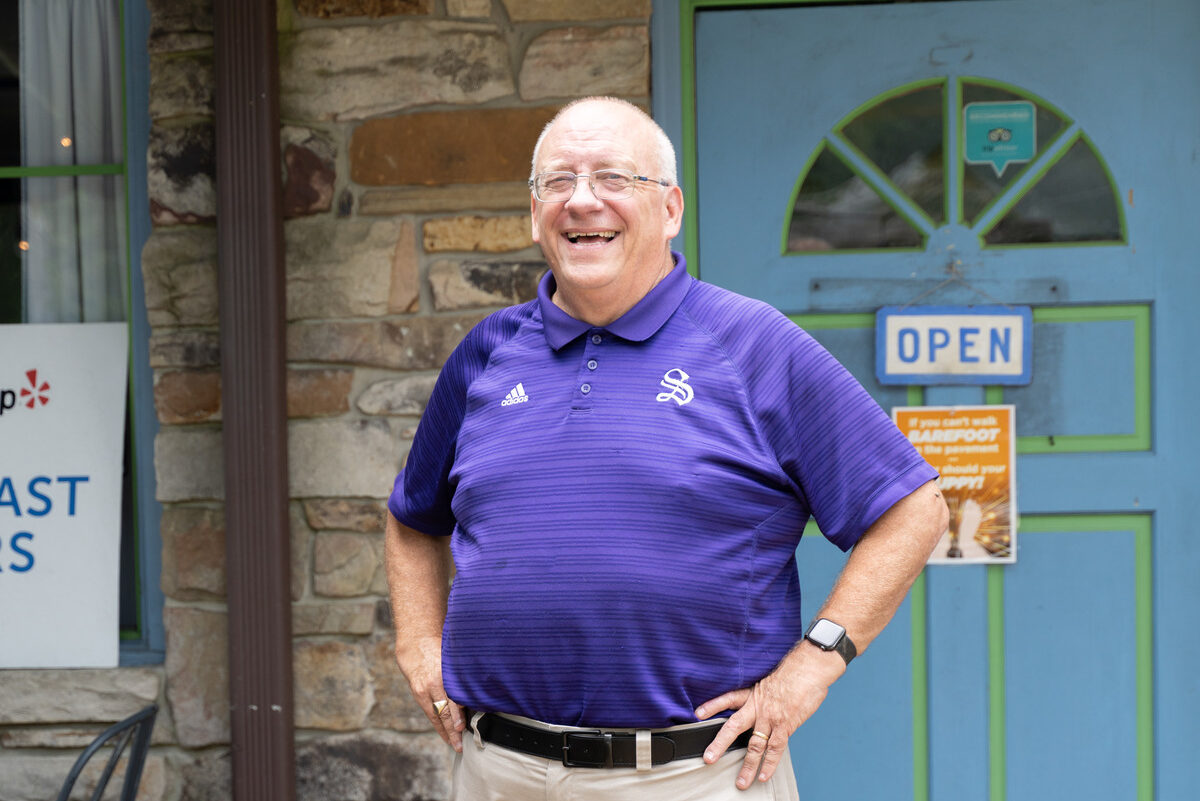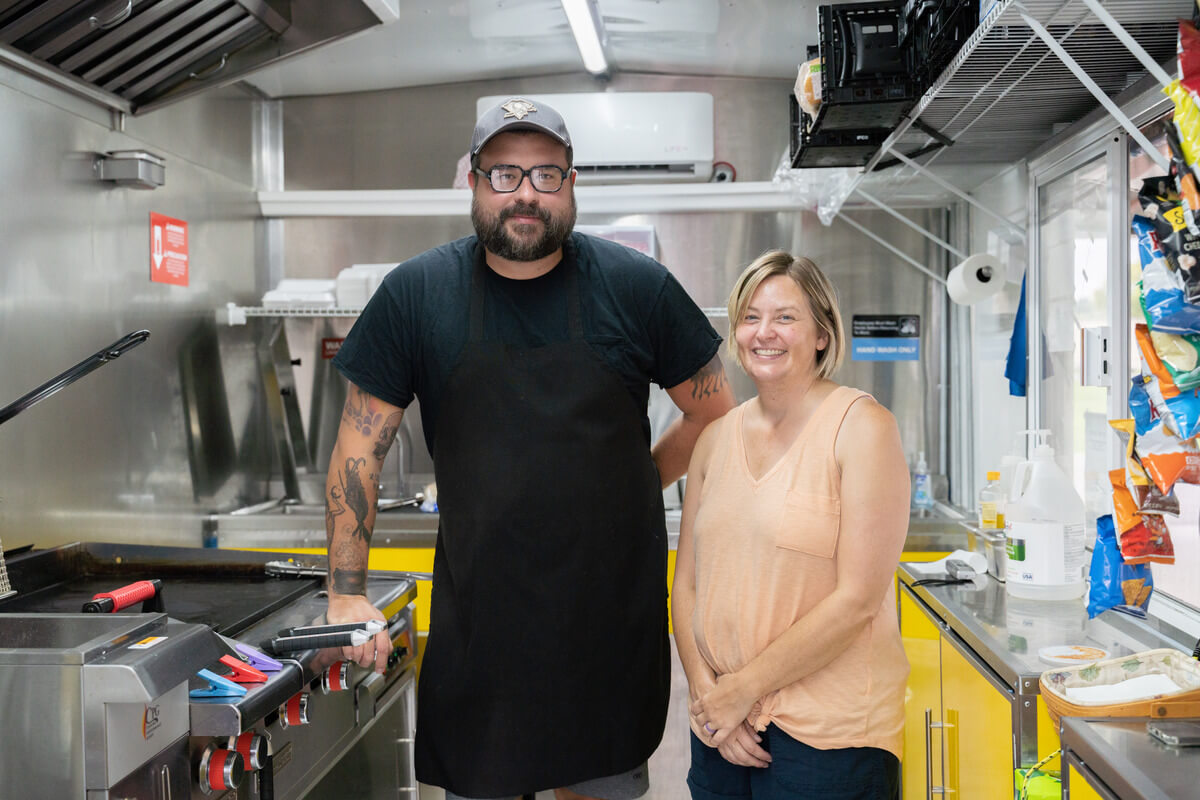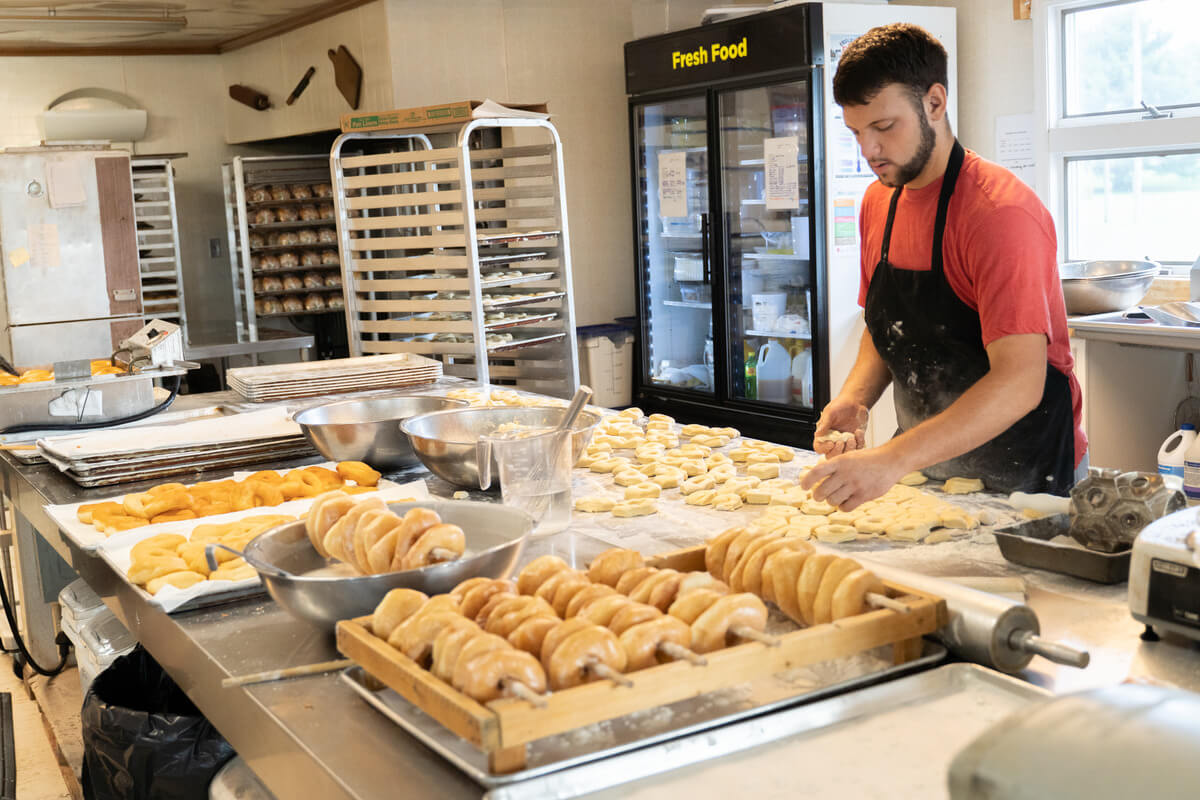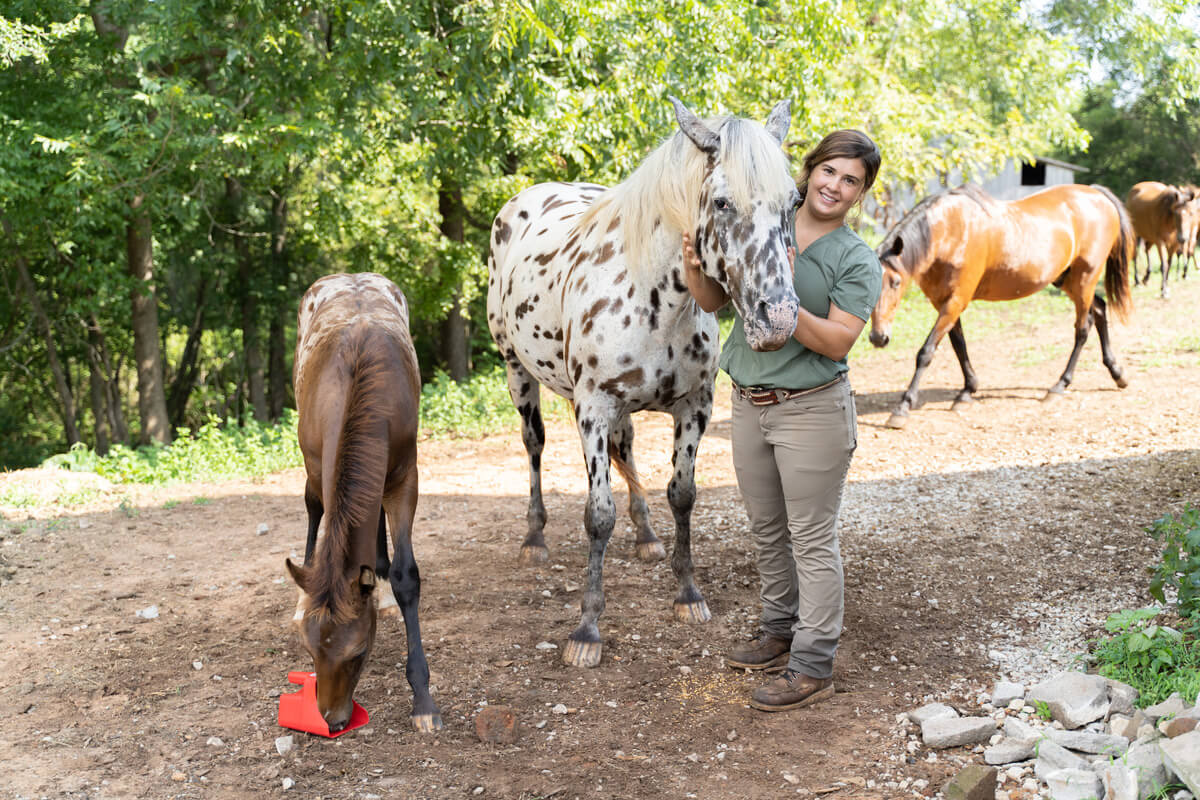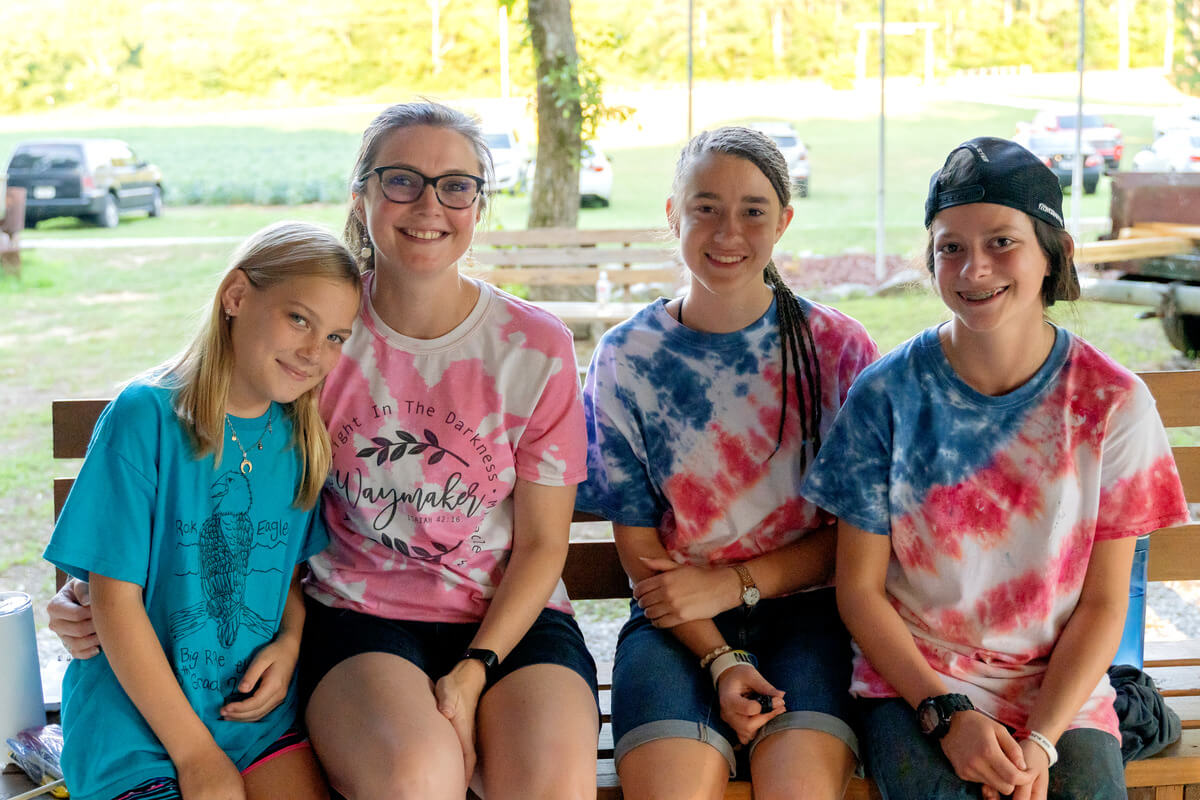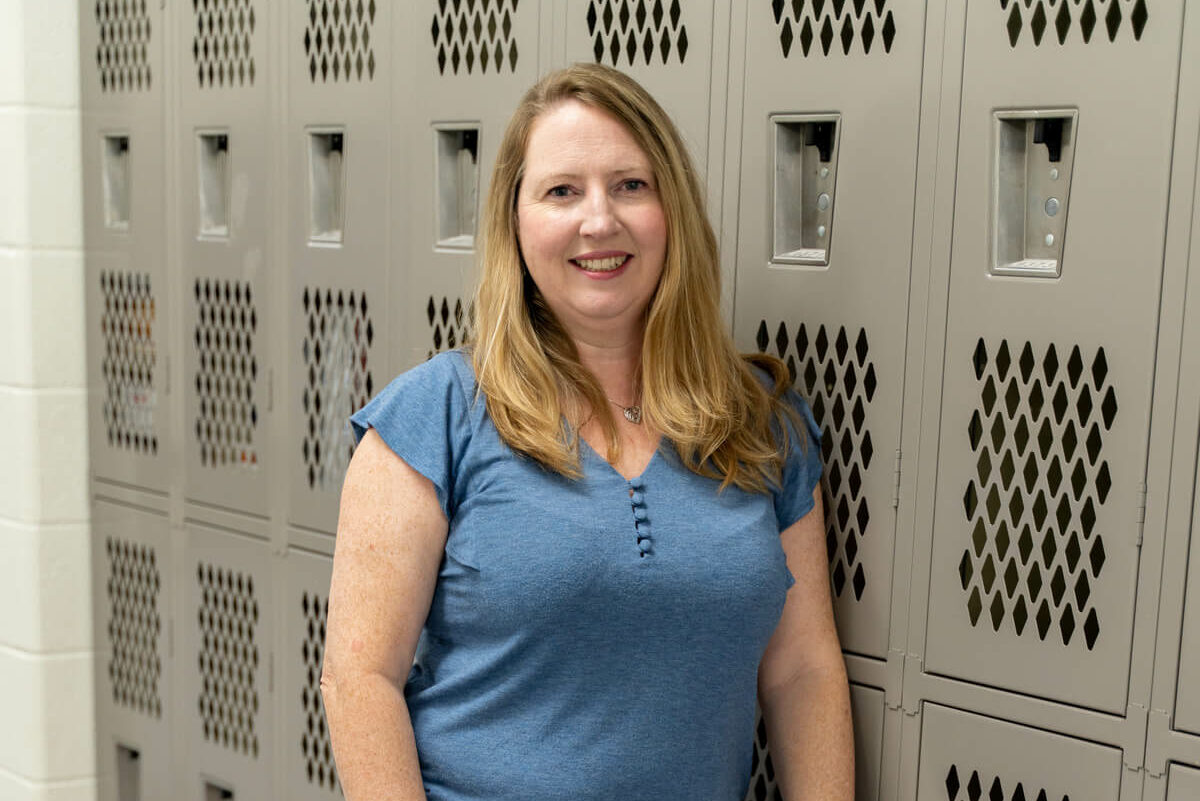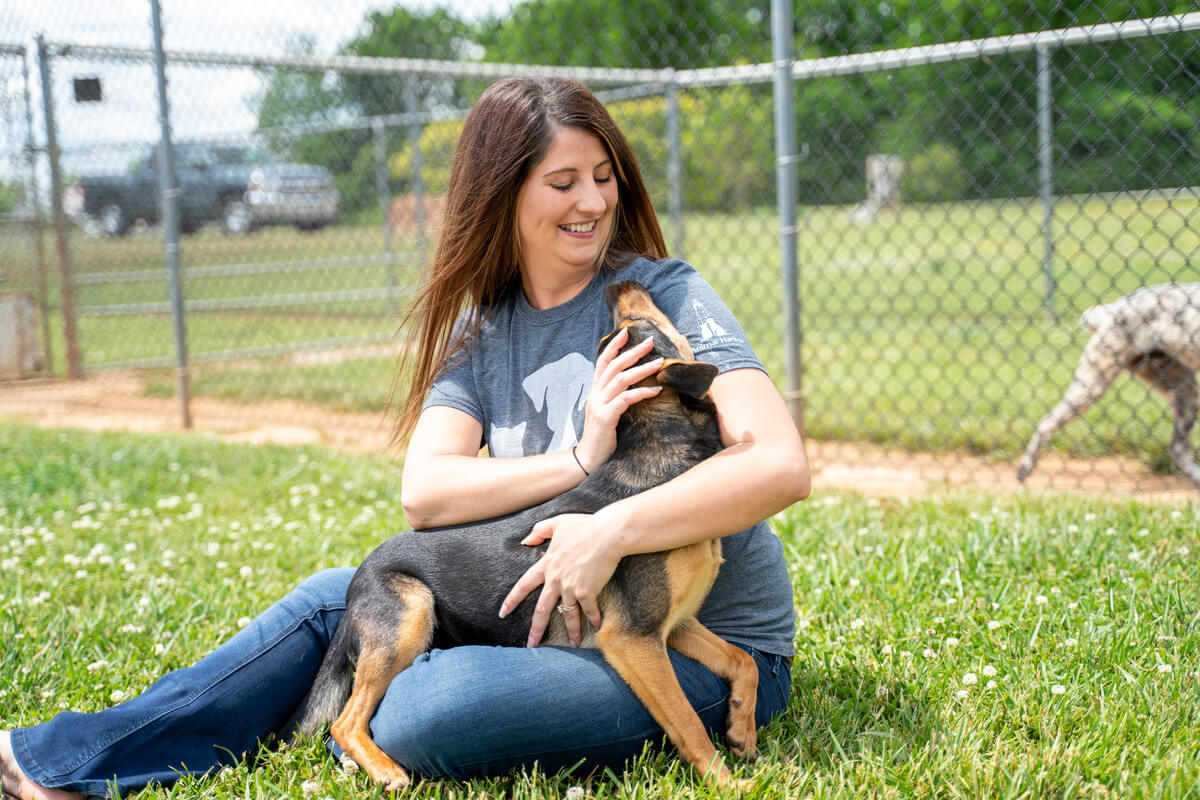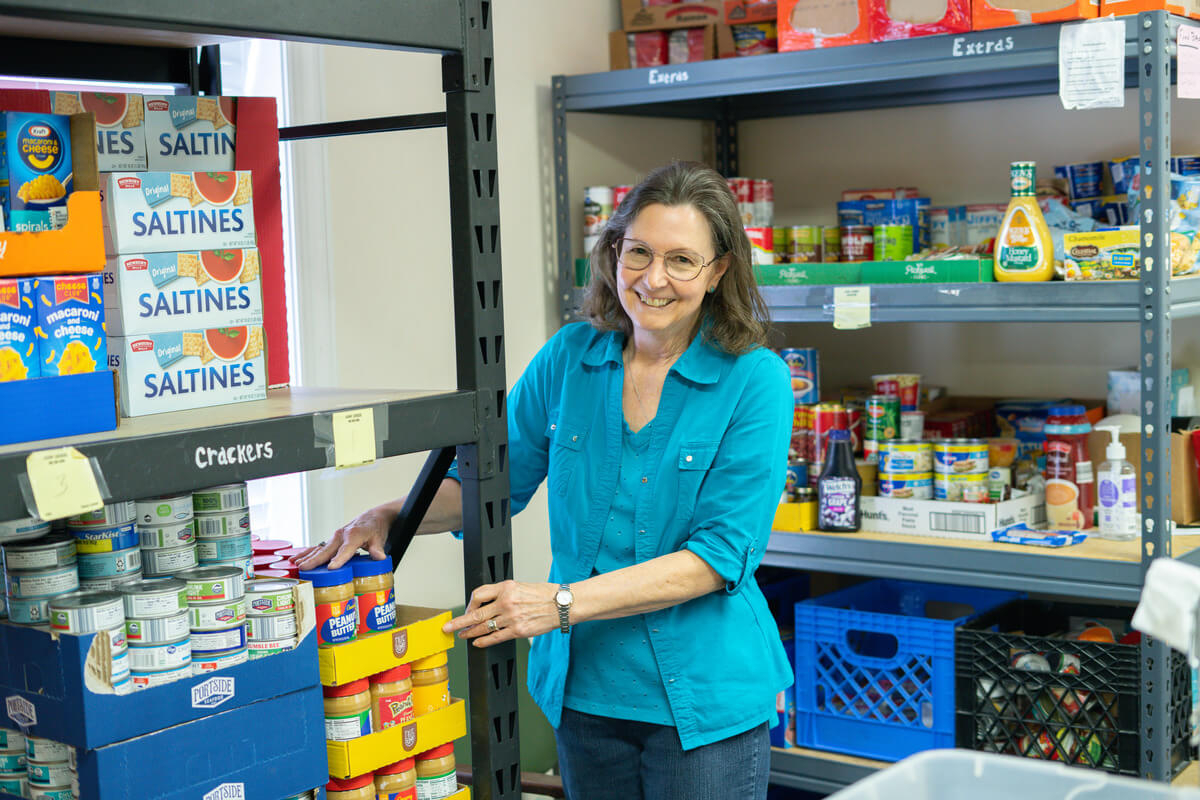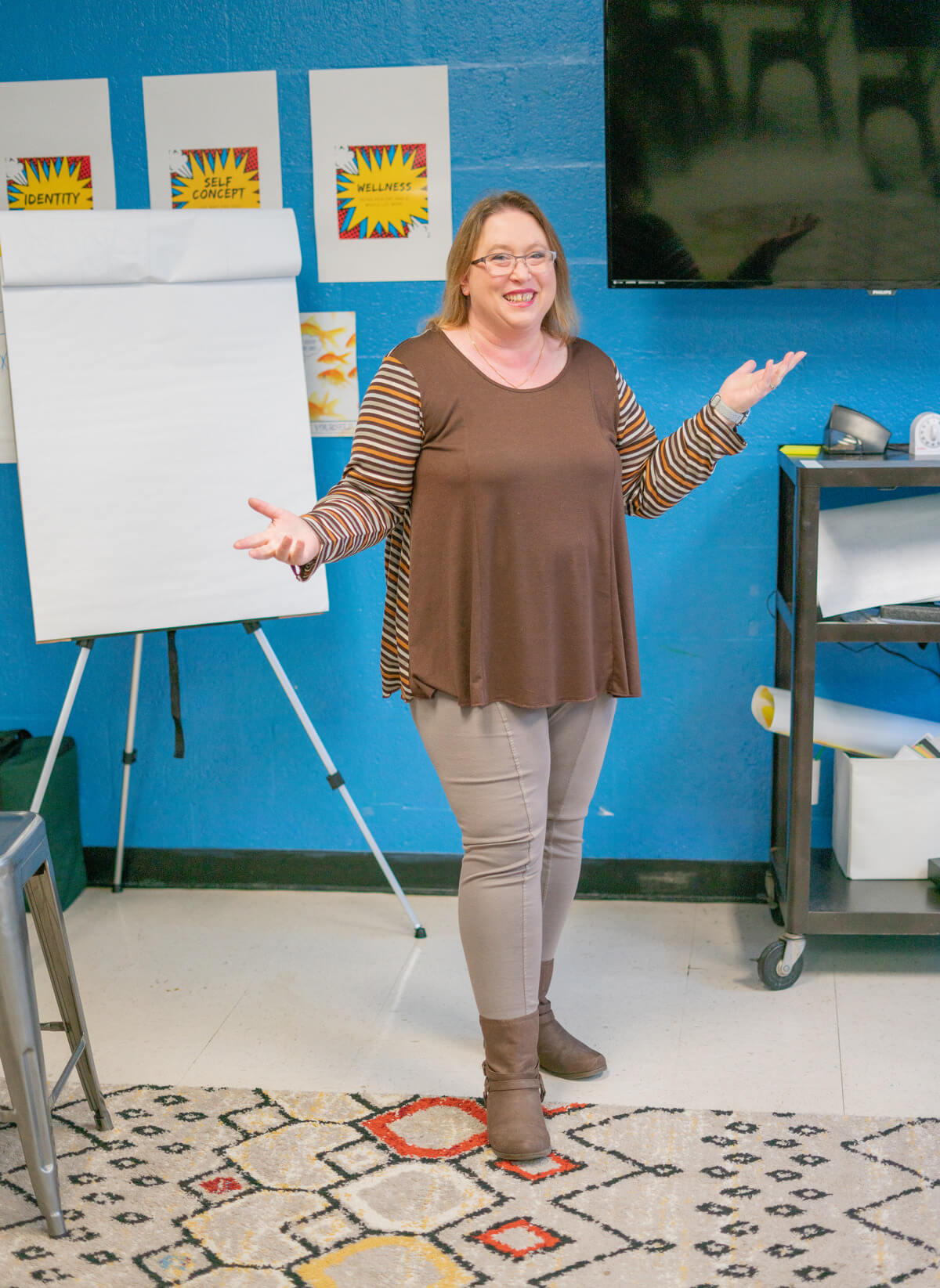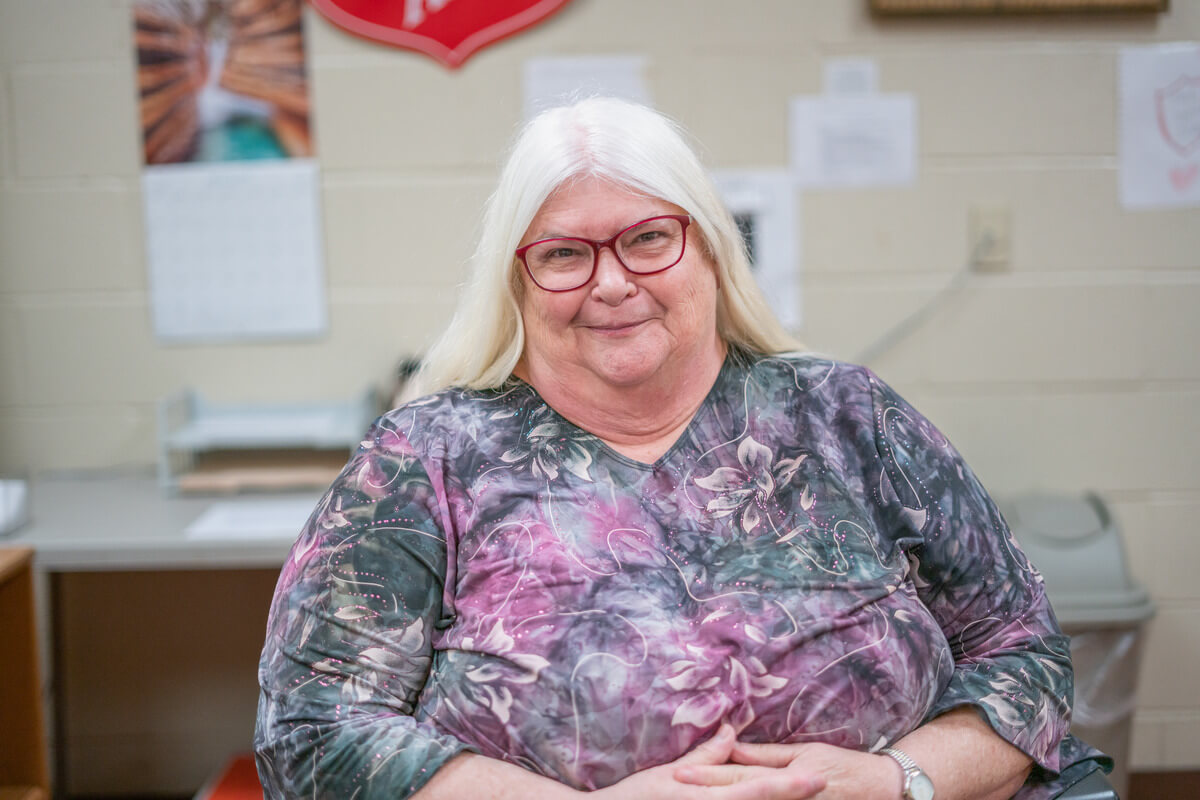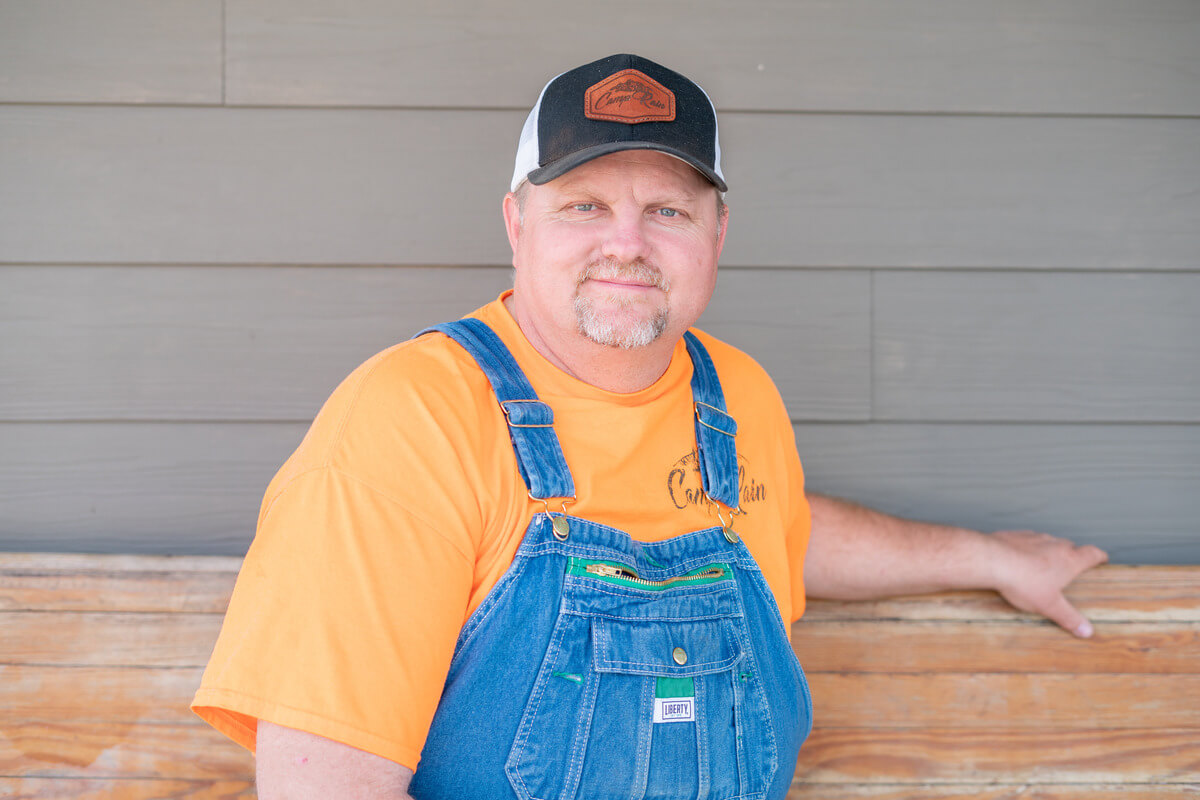JOHN FERRELL squinted into the sun, watching honeybees lumber from flower to flower. It wasn’t the same frantic buzzing that irritated him as a child. This time, he saw the intentional movements, the way the bee clung to each blossom, dusted with golden pollen. A chain reaction happened before his eyes. A bee brushed against a flower, buzzing off toward a waiting hive. Back and forth they went, a simple representation of nature’s grand design.
Ferrell wasn’t always a champion for bees. In fact, the beekeeper readily admits he used to be a bit wary of their nerve-wracking presence. But that all changed in the early 1990s when a decline in beekeeping populations in his area piqued his curiosity. Ferrell, then working as a county extension agent, found himself drawn into the fascinating world of these essential insects.
A LEAP OF FAITH
This intriguing discovery led Ferrell to adopt a couple of beehives. What started as exploration quickly became a fascination. Ferrell became captivated by the complex social structure and vital role bees play in our ecosystem. He realized that beekeeping wasn’t just about honey production but about keeping our food systems healthy through pollination.
Ferrell’s fondness for beekeeping didn’t stop in his own yard. In 2001, he co-founded the Elk Valley Beekeepers Association to educate new beekeepers and promote sustainable beekeeping practices. Starting with a core group of just 10 families, the association has grown into a thriving organization with over 150 members.

MODERN CHALLENGES, PROMISING FUTURE
Modern beekeepers face a number of challenges, with new pests and diseases posing a significant threat.
“We have a lot of these new pests that come from overseas — they’re brought in. We have varroa mites, trachea mites, and small hive beetles. All of these pests come from somewhere else, so we have to stay up on emerging pests and diseases,” he explained. “We’ve got to work on some breeding programs and some selection programs to help get bees that are suited for lower Middle Tennessee here.”
However, the future of sustainable beekeeping is promising. There’s a growing demand for local honey, with consumers seeking fresh, high-quality products. Additionally, people all over the world are recognizing the vital role bees play in a healthy ecosystem.
“You might have a strong hive with 100,000 bees in it, and they’re all out there working for a common goal — that is — to make honey and raise bees to help survive the winter. So when you got all those insects working together for the same goal, it’s pretty amazing,” Ferrell added.
He highlighted the educational initiatives the Elk Valley Beekeepers Association supports.
“We’re an affiliate of the Tennessee Beekeepers Association, and they provide us some grant funding where we can do special projects like helping youth get beehives.”
Another one of their initiatives involves the R3 Recovery Group. This past spring, the team was able to assist some ladies from the local R3 Recovery Group. The ladies showed genuine interest and quickly became regular attendees at the monthly meetings. They became so involved that even their advisor was intrigued by their interest. In February, they successfully raised $1,000 in donations to help the ladies at R3 acquire two beehives.
A local church oversees the program, and as the girls graduate, new classes can work with the hives. The hives will always be the church’s, serving as an educational component for those young ladies.

BENEFITS OF BEEKEEPING
Ferrell emphasized the broader benefits of beekeeping.
“The bees are the teaching tool because they’re a lot of responsibility. You can learn a lot about nature and the environment from a beehive. Bees are a really good indicator of what’s happening in the environment.”
He continued, “When you diversify and start growing vegetables or switch enterprises, pollination is very important. It improves the quality and yield of your crops. Honey is just a side benefit of beekeeping.”
Beekeeping offers even more advantages, especially for small farms and those with limited land. Many people are looking for bees to support pollination in their gardens and need a beekeeper to bring hives to their farms for crop pollination. This presents a great opportunity for those who need the proper resources. It’s an exciting endeavor and a wonderful way to contribute to the environment and local agriculture.

BECOME A BEE ADVOCATE
Ferrell believes that everyone can play a part in supporting these essential pollinators.
His advice for aspiring beekeepers is to stay rooted in education.
“Attend a club meeting or a beginning course, and stick with one or two reliable sources. Beekeeping is hands-on, like having livestock or a pet. It requires active management.”
The Elk Valley Beekeepers Association meets every second Monday night, providing ongoing education and support for new and experienced beekeepers. They plan to continue their educational initiatives in the near future.
May we all learn to turn our fears into fascination and embrace the empowering influence of curiosity and education. Inspired by Ferrell’s example, we can cultivate a greater appreciation for these essential pollinators and actively contribute to a healthier ecosystem and food system for everyone. GN

